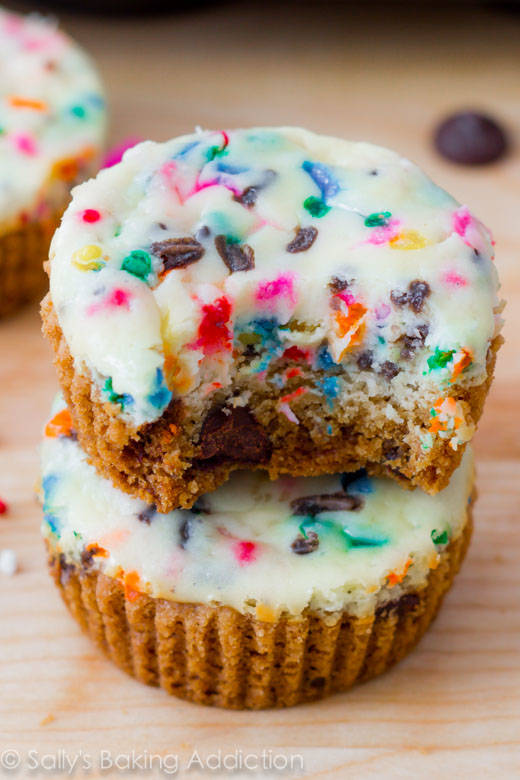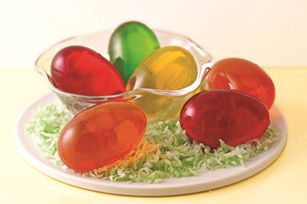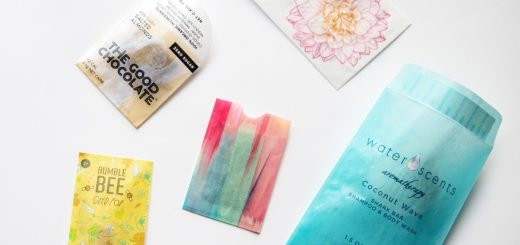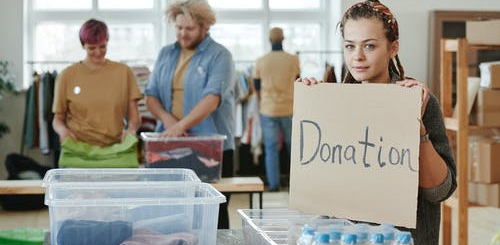Keeping Your Kids Hydrated
Hydration is an important issue for anyone, at any time of their life. As adults we read about the health benefits of keeping hydrated – from increased alertness, to healthier, fuller skin – and about the risks of becoming dehydrated. This can go from discomfort to serious, actual harm quite quickly. When you’re dehydrated you might experience increasingly urgent thirst, fatigue, dizziness, brain fog and confusion, and if you don’t take any steps to resolve the issue, this can escalate into unconsciousness or even death!
For children, the health benefits and risks of hydration are no less potent, and as a caregiver, it falls to you to make sure they are taken care of. While children are perhaps more likely to be driven by their visceral drives – in short, to drink when they’re thirsty, eat when they’re hungry and not ignore those appetites – they’re also easily distracted. Whether they’re absorbed in a book, a videogame or an afternoon of play in the sun, they may simply not surface enough to drink, or pick a healthy, efficiently rehydrating option when they do.
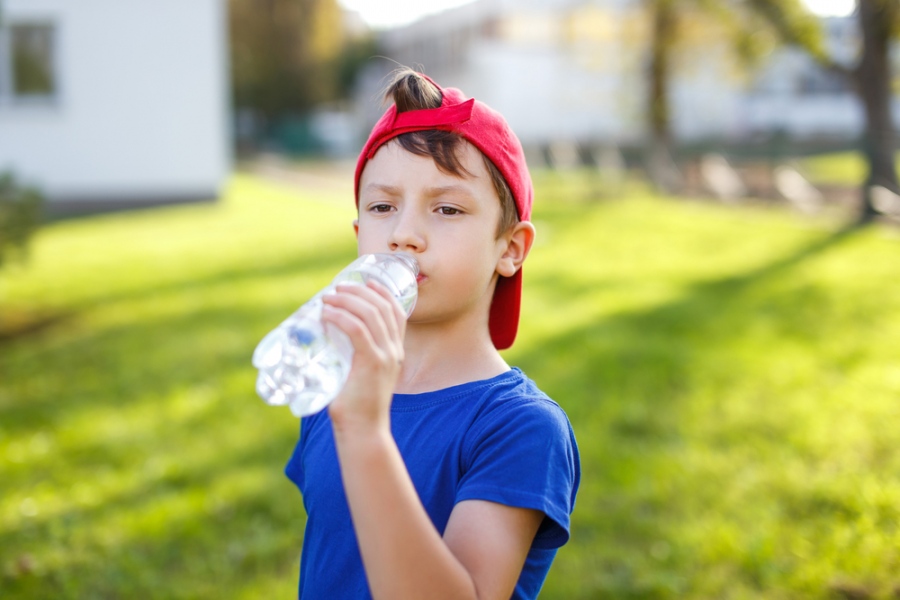
Today we’re looking at how you can make sure your kids are keeping hydrated, so they can stay healthy and happy.
Getting Out and About
When you’re out for the day with your kids, make sure you pack bottled water for everyone. On hot days, freezing the bottles first can help cool them down, as well making the mere act of drinking water interesting and different.
You can also model good behaviour for your children yourself – talk about feeling thirsty and take a drink, rather than showing off your stoicism and refusing to take a break when you need to.
At Home
Keep healthy rehydration options around at home – you might have to make a compromise in order to tempt a child’s palate. Plain water might not appeal, and high-sugar fizzy drinks are better as a treat than a staple, so fruit juice or squash might be the best place to meet in the middle.
Keep track of how hydrated your children are – you could set a timer to keep track of how long it’s been since their last drink, or monitor signs like toilet breaks (the more frequent, the better hydrated they are) and headaches (frequent complaints could mean dehydration).
Emergencies
Severe dehydration is an emergency any carer needs to be ready for – it can happen as a result of illness, heatwaves or simply exhausting physical activity. It’s worthwhile keeping a child friendly rehydration product, like ORS for kids in your medicine cabinet. These soluble powders and pills top up electrolytes as well as fluid levels, and ensure a return to normal as quickly and efficiently as possible!

